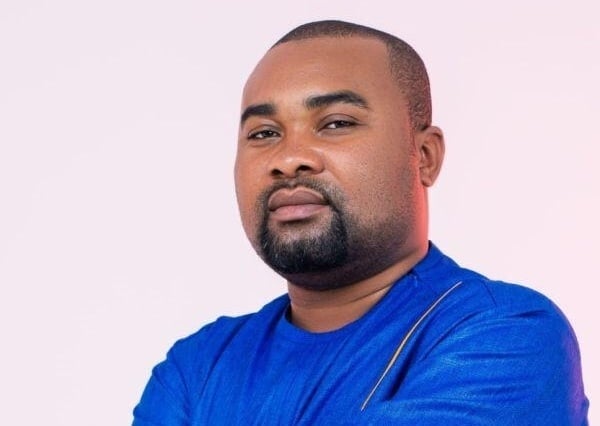A senior political strategist of the Bryan Acheampong for President 2028 campaign, Dr. Razak Kojo Opoku, has issued a strong rebuttal to what he describes as “desperate and calculated attempts” by certain members of the New Patriotic Party (NPP) to link Dr. Bryan Acheampong to a discredited propaganda piece from 2014.
The article in question, first published by the late Alhaji Bature’s Al-Hajj newspaper and later archived by GhanaWeb, has resurfaced on social media in recent days, stirring fresh controversy ahead of the NPP’s internal race toward 2028.
Dr. Opoku dismissed the article as irrelevant, calling it a deliberate act of internal sabotage aimed at destabilising the Bryan Acheampong campaign’s growing momentum.
“Let it be known,” he stated, “that Bryan Acheampong has NEVER commented on Ken Agyapong’s utterances following the 2024 general election. So how does a propaganda piece from 2014 suddenly gain relevance in 2025, 11 years later?”
He further questioned the agenda behind recycling content from a source known for its partisan leanings within the opposition National Democratic Congress (NDC).
According to Dr. Opoku, reviving a decade-old story authored by a now-defunct NDC-aligned outlet is a clear sign of political desperation and an attempt by internal detractors to sow division within the NPP.
He warned that indulging in misinformation campaigns would only distract the party from its goal of maintaining unity and winning power in 2028.
“This kind of distraction does nothing but weaken our collective resolve. Let’s build our campaign on vision, not vendettas,” he stressed.
Dr. Opoku called on NPP members and the broader political community to stay focused on the future, adding that the Bryan Acheampong campaign remains committed to integrity, substance, and the party’s core values.
With grassroots support for Bryan Acheampong reportedly gaining traction across key constituencies, Dr. Opoku’s remarks signal a pushback against political smear tactics that threaten to derail internal cohesion ahead of a critical election cycle.


